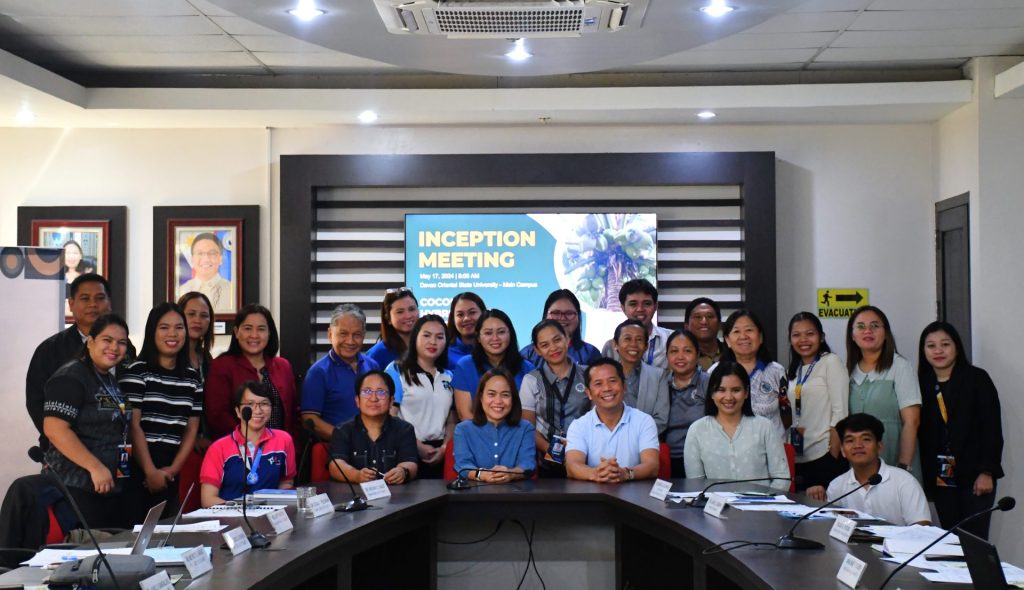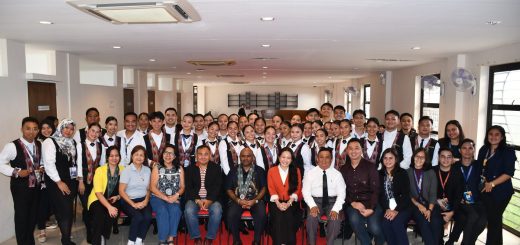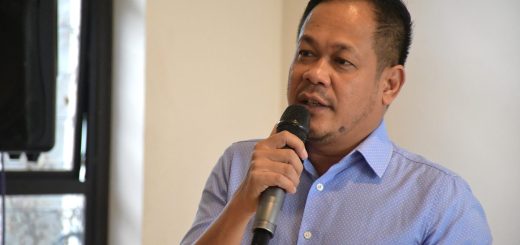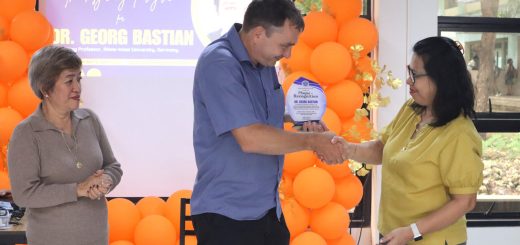Inception Meeting Kicks Off “Coco-HULIP” Project to Boost Coconut Productivity in Davao Oriental

The Inception Meeting for the project “Coconut Hybrid Utilization in the Locality for Improved Productivity (Coco-HULIP)” was held yesterday, May 17, at the DOrSU Boardroom. The meeting marked the beginning of an initiative aimed at revitalizing coconut farming in the region by introducing high-yielding hybrid varieties.
The meeting, led by the Department of Science and Technology-Philippine Council for Agriculture, Aquatic, and Natural Resources Research and Development (DOST-PCAARRD) through its Crop Research Division (CRD) Director Leilani D. Peligrina, brought together key stakeholders to outline the project’s roadmap. Dr. Misael B. Clapano, Vice President for Research, Innovation, and Extension at DOrSU, represented Dr. Ponce and spearheaded the discussions on behalf of the university team.
Key agenda items included clarifying the roles of researchers and the implementing agency, defining project requirements and expected outcomes, finalizing the work plan and monitoring schedule, refining the methodology, and discussing the DOST-GIA Guidelines, which cover technical and financial aspects. The meeting also emphasized the importance of the Monitoring and Evaluation (M&E) Plan.
Prominent figures supporting the project included Ms. Juvy T. Alayon, Regional Manager III of PCA-XI, and Ms. Sharon Alegado, Supervising Science Research Specialist, representing Dr. Anthony Sales of DOST-XI. Additionally, representatives from the PCA-Davao Research Center attended the event.
The Coco-HULIP project, led by Project Leader Erna S. Macusi, is a collaborative effort involving multiple agencies including the Davao Oriental Provincial Agriculture Office and various local government units. Funded by the DOST-PCAARRD CFITF, the project has a total budget of PhP 7,476,671.00 and will run for three years from January 1, 2024, to December 31, 2027.
Following the meeting, attendees visited the Gabriel Nuez Farm in Banaybanay to observe the current state of coconut farming and discuss practical applications of the project. Coco-HULIP, derived from the Cebuano term “HULIP,” meaning to fill in or replace, aims to rejuvenate the coconut industry in Davao Oriental by replacing old, low-yielding trees with robust hybrid varieties, thereby enhancing productivity and sustainability in the province. (DOrSU PIO)






